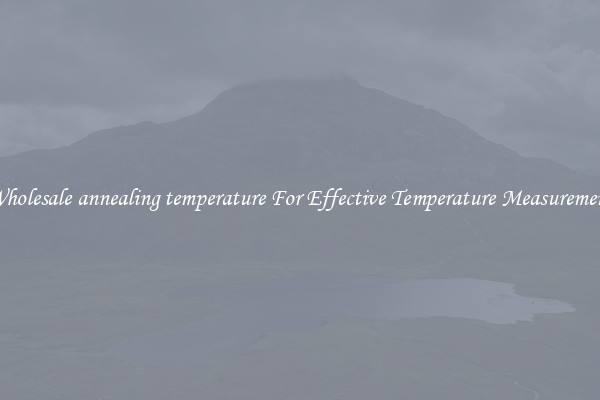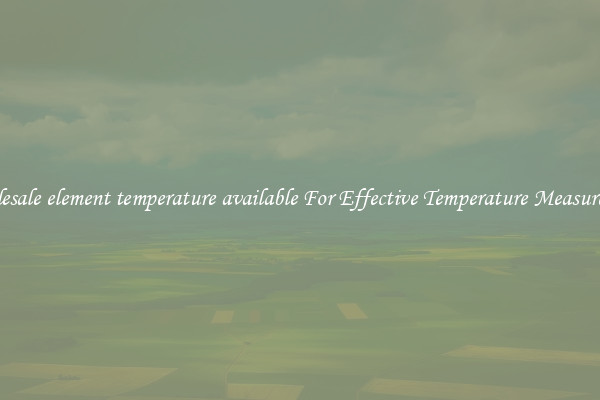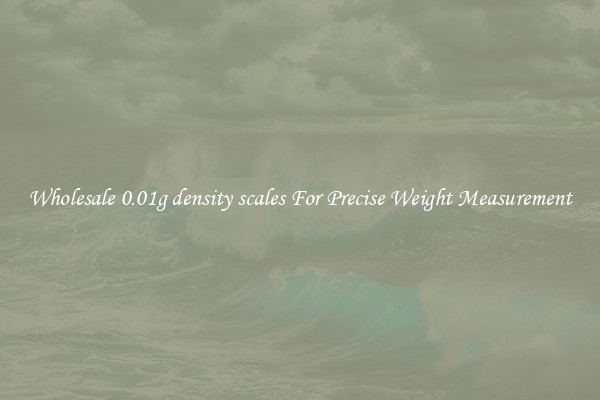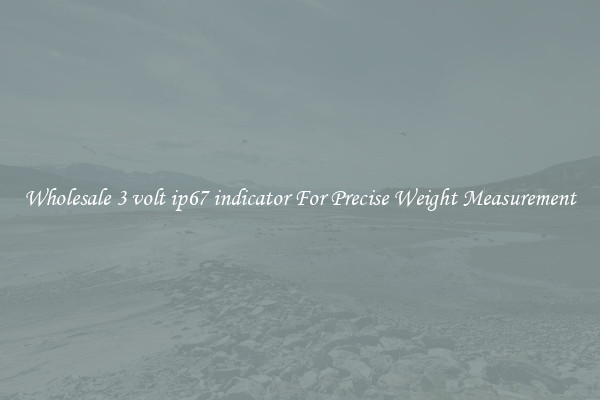Wholesale annealing temperature For Effective Temperature Measurement
Wholesale annealing temperature plays a crucial role in ensuring effective temperature measurement. Annealing refers to the process of heating a material to a specific temperature and then cooling it slowly to enhance its properties. In the case of temperature measurement, annealing is essential to remove any internal stresses or strains in the material, which can affect its thermal conductivity and accuracy.

The annealing temperature for temperature measurement depends on several factors, including the type of material being used and the intended application. However, in general, the annealing temperature should be high enough to eliminate any internal stresses but not too high to cause any structural changes or damage to the material.
One of the key benefits of wholesale annealing temperature is that it improves the accuracy and reliability of temperature measurement. When a material is annealed, its structure becomes more stable and uniform, allowing for more precise temperature readings. This is especially important in industries where temperature control is critical and even slight deviations can have significant consequences.
Another advantage of wholesale annealing temperature is its impact on the lifespan of temperature measuring devices. Annealing helps to reduce material fatigue and degradation, thus prolonging the longevity of the device and ensuring consistent and reliable measurements over time. This is particularly important for industries that rely heavily on temperature measurement devices, such as manufacturing, pharmaceuticals, and food processing.
It is also worth noting that wholesale annealing temperature can enhance the reproducibility of temperature measurements. By eliminating internal stresses and strains, the material becomes more consistent in its thermal conductivity properties, allowing for more repeatable temperature readings. This is crucial in scientific research and quality control processes, where reproducibility is a fundamental requirement.
However, it is important to note that the annealing temperature should not be set arbitrarily higher than necessary. Excessive annealing temperatures can lead to material degradation, changes in physical properties, and even structural damage. It is vital to follow industry guidelines, material specifications, and consult with experts to determine the optimal annealing temperature for each specific application.
In conclusion, wholesale annealing temperature is crucial for effective temperature measurement. It enhances accuracy, reliability, reproducibility, and extends the lifespan of temperature measuring devices. However, it is essential to strike a balance between removing internal stresses and preserving the integrity of the material. By following industry guidelines and consulting experts, businesses can ensure precise temperature measurements and maintain the quality and efficiency of their processes.

View details

View details

View details

View details







